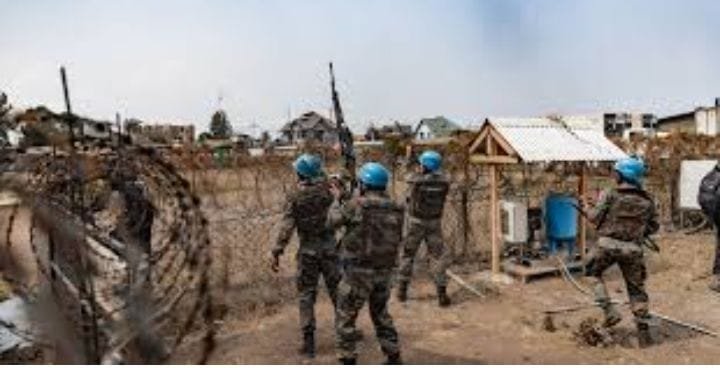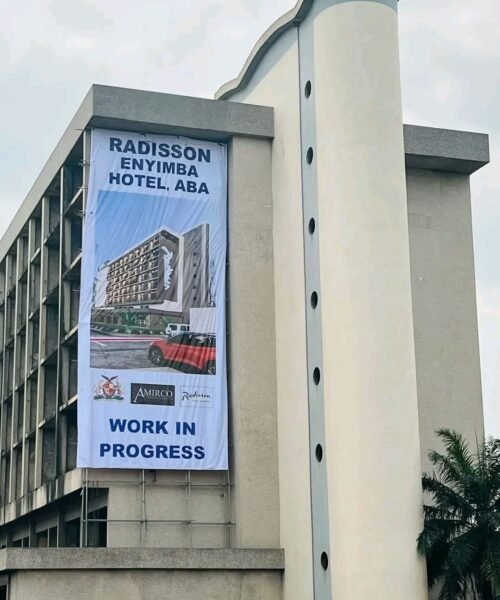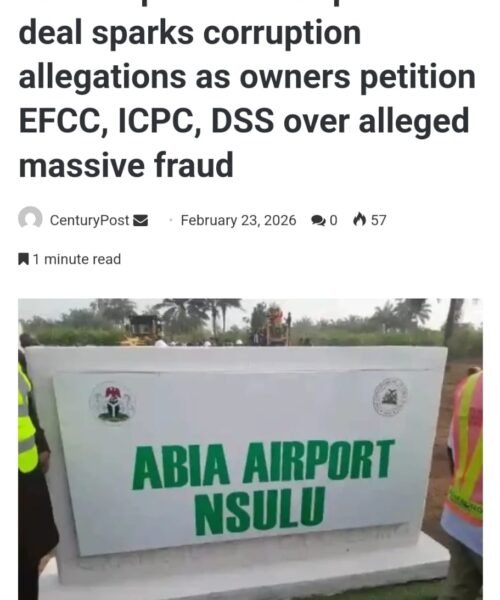UN Responsible for Bloodshed in the DR Congo: Let’s Face the Facts
1. Introduction: A Crisis of Catastrophic Proportions
The Democratic Republic of Congo (DRC) has been engulfed in violence for over two decades, with more than 6 million lives lost and 5.5 million people displaced as of 2023, according to the International Organization for Migration (IOM). Despite the presence of the United Nations’ peacekeeping mission, MONUSCO, since 1999, the bloodshed continues unabated. MONUSCO, with an annual budget of $1 billion, is one of the largest and most expensive UN missions in history. Yet, the DRC remains one of the most unstable countries in the world, with armed groups like the ADF and M23 terrorizing civilians. The question is unavoidable: Is the UN not only failing but also complicit in the violence?
2. Failure to Protect Civilians: A Record of Inaction
The UN’s primary mandate in the DRC is to protect civilians, but its track record is abysmal. According to the Kivu Security Tracker, over 2,000 civilians were killed in 2019 alone, with MONUSCO failing to prevent massacres in regions like Beni and Ituri. In 2020, the UN admitted that its peacekeepers were absent during the Kipupu massacre, which claimed 18 lives, despite being stationed just 20 kilometers away. A 2022 report by the Congo Research Group found that 70% of Congolese believe MONUSCO has failed to achieve its objectives. These failures have led to widespread protests, with demonstrators demanding the mission’s withdrawal.
3. Complicity in Human Rights Abuses: A Stain on the UN’s Legacy
The UN’s role in the DRC is further tarnished by allegations of human rights abuses by its own peacekeepers. A 2017 investigation by The New York Times revealed that UN personnel had been involved in over 2,000 cases of sexual exploitation and abuse between 2004 and 2016. In 2018, the UN’s Office of Internal Oversight Services found that peacekeepers had failed to intervene during attacks on civilians in Kasai, despite having a mandate to protect them. These actions—or inactions—have eroded trust in the UN and fueled accusations of complicity in the violence.
4. Economic Failures: Exploitation and Dependency
The DRC is one of the richest countries in the world in terms of natural resources, with vast reserves of cobalt, coltan, and copper. Yet, it remains one of the poorest, with a GDP per capita of just $584 in 2022, according to the World Bank. The UN has failed to regulate the exploitation of these resources, allowing armed groups to profit from illegal mining. A 2020 report by Global Witness found that armed groups earn up to $1.25 billion annually from the mineral trade, fueling conflict and instability. Meanwhile, MONUSCO’s annual budget of $1 billion has done little to address the root causes of poverty and inequality.
5. Political Failures: Undermining Governance and Democracy
The UN’s presence has also failed to address the political root causes of the conflict. The DRC’s 2018 elections, which were marred by allegations of fraud and violence, were widely criticized by international observers. A 2019 report by the Carter Center found that the UN had failed to adequately support free and fair elections, undermining the legitimacy of the democratic process. According to Transparency International, the DRC ranks 164th out of 180 countries on the Corruption Perceptions Index, highlighting the failure of international interventions to promote good governance.
6. Environmental Destruction: A Global Crisis Ignored
The DRC is home to the Congo Basin, the world’s second-largest rainforest, which plays a critical role in regulating the global climate. However, deforestation and illegal logging, often driven by European demand, threaten this vital ecosystem. A 2022 report by Global Forest Watch found that the DRC lost over 1.2 million hectares of forest in 2021 alone. The UN’s failure to regulate the mineral trade and protect the environment has allowed armed groups to exploit the Congo Basin, contributing to global climate change and local environmental degradation.
7. Social Consequences: Displacement and Fragmentation
The UN’s failures have had devastating social consequences for the Congolese people. According to the UN Refugee Agency (UNHCR), Africa hosted over 30 million forcibly displaced people in 2023, with the DRC accounting for a significant portion. The UN’s inability to address the root causes of conflict has allowed armed groups to exploit ethnic and religious divisions, leading to widespread displacement and human suffering. A 2021 report by the International Crisis Group found that over 120 armed groups are active in the eastern DRC, perpetuating a cycle of violence and fragmentation.
8. Conclusion: Time for Accountability and a New Path Forward
The facts are undeniable: the UN’s presence in the DRC has failed to deliver on its promises of peace and stability. From its inability to protect civilians and regulate mineral resources to allegations of corruption and complicity in human rights abuses, the UN has often exacerbated rather than alleviated the crisis. It’s time to hold the UN accountable and explore alternative approaches to achieving lasting peace in the DRC. The Congolese people deserve better than empty promises and failed interventions. As we face the facts, we must also look to the future—a future where Africa takes the lead in solving its own problems, free from the shadows of external interference.

Dr Chukwuemeka Ifegwu Eke writes from the University of Abuja Nigeria.







